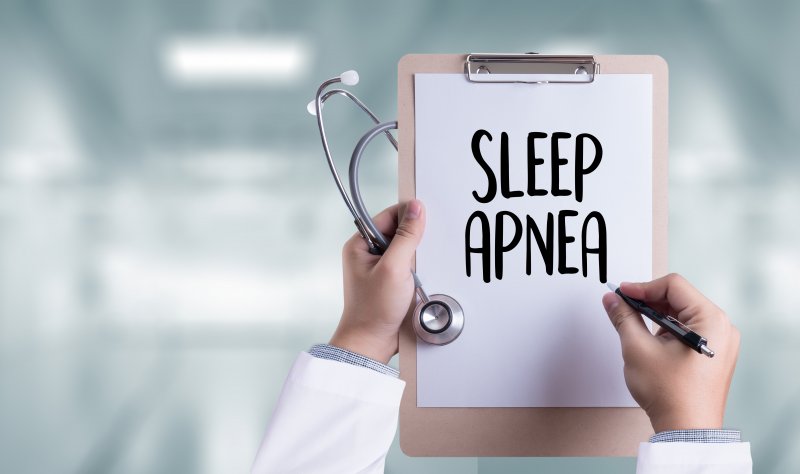
In recent years, cases of sleep apnea – a disorder where a person suffers pauses in breathing while they’re asleep – have been on the rise. A study published by The American Journal of Managed Care (AJMC) found that sleep apnea incidents increased by 850% between 2014 and 2017. What is the root cause of this sleep apnea epidemic? And what can you do to protect yourself from the risk factors? Read on to learn essential information that could help you continue to enjoy sweet dreams.
What is Causing an Increase in Sleep Apnea Cases?
The most likely cause of the rise of sleep apnea is the increase of obesity in recent years. The CDC has found that the prevalence of obesity has increased from 30.5% to 42.4% between 1999-2000 and 2017-2018; similarly, severe obesity rates have gone up from 4.7% to 9.2%. Obesity is considered a major risk factor for sleep apnea because it tends to lead to the development of fat deposits around the neck, which increases the chances of the airways becoming blocked by relaxed tissues at night. (Sleep apnea occurs when breathing is partially or fully obstructed, forcing the body to repeatedly wake up for oxygen.) Thus, if you or one of your loved ones has gained weight recently, there is a significant chance of a sleep disorder developing or of an existing disorder becoming worse.
What Else Can Increase the Risk of Sleep Apnea?
Some of the other factors that can increase the chances of suffering from sleep apnea include:
- Having a naturally thicker neck or an unusually narrow airway that’s more likely to become blocked.
- Using alcohol, sedatives, or tranquilizers that can relax the throat muscles while you sleep.
- Smoking on a regular basis, which can inflame the area around the upper airway.
- Nasal congestion due to allergies.
- Medical conditions such as high blood pressure and type 2 diabetes that have been linked to sleep apnea.
What Can You Do About Your Risk for Sleep Apnea?
While some sleep apnea risk factors are genetic, there are plenty of ways you can try and reduce your personal risk for the disorder. For example, if you already suffer from obesity, then losing weight can go a long way towards protecting you from sleep apnea. Cutting down on the use of alcohol, cigarettes, and other potentially harmful substances can also help. If you can, try to sleep on your side instead of on your back so that there’s less of a chance that relaxed tissues will fall back on the airway.
If you’re already noticing potential signs of sleep apnea (such as loud snoring or frequent exhaustion during the day), get in touch with a sleep expert as soon as possible. No matter what the cause of sleep apnea is, you’re always better off having the problem addressed sooner instead of later!
About the Author
Dr. Mitch Conditt has experienced firsthand the impact that sleep apnea can have on a person’s everyday life. He has undergone advanced training in order to treat sleep apnea as well as TMJ problems. He is a member of the Academy of Clinical Sleep Disorder Disciplines and is skilled in the diagnosis and treatment of sleep apnea. To schedule a consultation and learn more about your personal risk for sleep apnea, you can visit his website or call (817) 527-8500.
